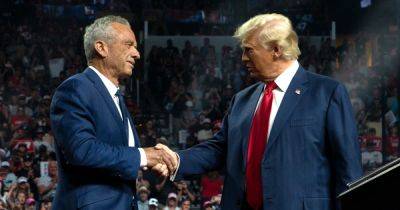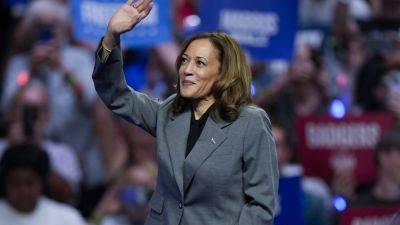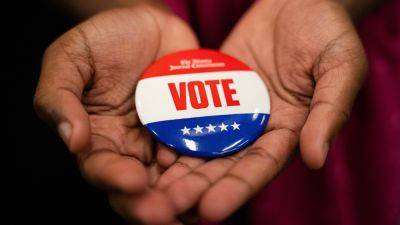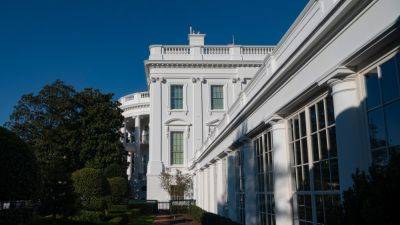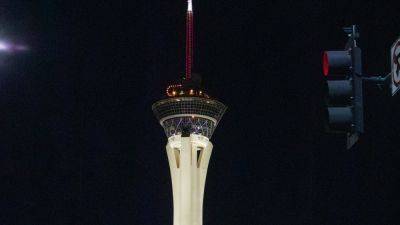What Did ‘The West Wing’ Do to Us?
“‘I am the Lord your God. Thou shalt worship no other god before me.’ Boy, those were the days, huh?”
Thus do we meet President Josiah Bartlet (Martin Sheen), Democrat of New Hampshire, in the pilot of “The West Wing,” which premiered on Sept. 22, 1999.
Having your protagonist’s first line be the literal words of the Almighty is, shall we say, a statement. This was a series that saw politics as civic religion. It was a work of patriotic evangelism that appealed to our better angels but failed to match up to earthly reality.
But before it was all that, it was a well-crafted, emotional workplace drama. The pilot finds the White House amid a number of crises, personal, political and in between. A flotilla of Cuban refugees headed for Florida is in danger. Sam Seaborn (Rob Lowe), one of the president’s aides, has unknowingly slept with a prostitute. Another aide, Josh Lyman (Bradley Whitford), may lose his job after having embarrassed a prominent religious conservative in a TV appearance. And President Bartlet has injured himself crashing a bicycle into a tree.
The episode, written by the creator, Aaron Sorkin, and directed by Thomas Schlamme, establishes the show’s signature look and energy. The camera races to keep up with the staff; the dialogue has the rat-a-tat brio of a ’30s screwball comedy. The score, by W.G. Snuffy Walden, sauces the action in star-spangled emotion. Smart, smart, smart!, the pilot says. Busy, busy, busy!
Above all, the pilot establishes the show’s core fantasy: That the right thing and the politically effective thing are the same thing. Josh drags himself into a forced-apology meeting with a religious group. It goes badly: His main antagonist shows herself to be a sour, meanspirited antisemite, and the


